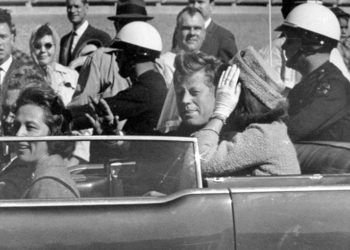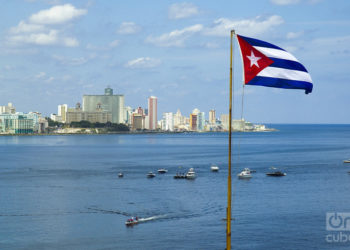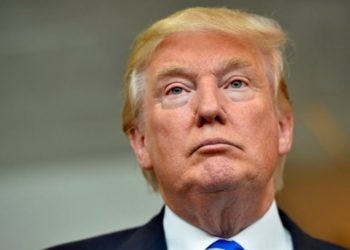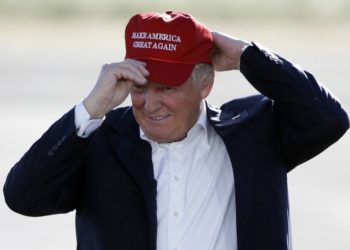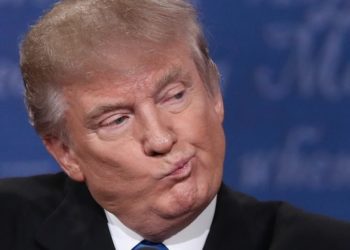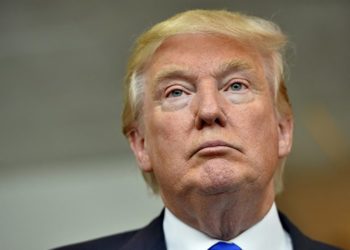Influence and fate of JFK
In late 1992 the Congress of the United States legislated the President John F. Kennedy Records Collection Act ordering that the documents, filmed materials and recordings related to the assassination be disclosed in a period of 25 years, unless the president at the time determined the contrary due to damage identifiable to the defense, intelligence or foreign relations, among other aspects. Signed by President Bush (father), the act in turn also ordered the National Archives and Records Administration (NARA) to establish a specific and differentiated collection about the Dallas crime, which, as is known, is a real turning point in the history of the United States. The act operated under certain preconditions, one of them the social and psychological impact of JFK (1991), of the well-known and controversial filmmaker Oliver Stone, a film that put a perfect finish in a collective imagination to an idea present since the beginning: Kennedy was executed by a conspiracy that involved actors like the FBI, CIA, the mafia, the Cuban exiles and the military high command. Twenty-two years later, on the 50th anniversary of the assassination (2013), a national poll carried out by Gallup revealed that 61% of Americans thought Kennedy’s death had been...

